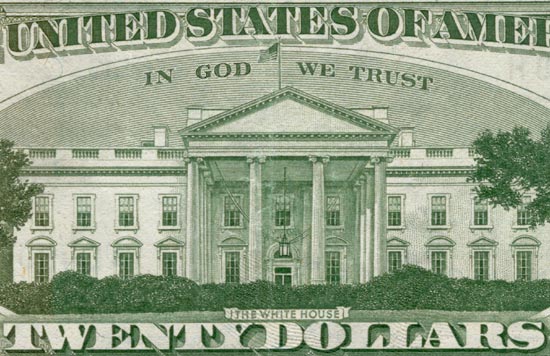I think the references to God and/or the divine are actually very important.
Not for religious reasons, but for legal ones. It's important, in my opinion, to codify in the highest law (in every law really) that rights do not come from the government. One does not have the freedom of speech because the first amendment says so -- one has that right period, and drafts the constitution in order to forbid the government from interfering. That's a vital distinction. The thirteenth amendment did not grant former slaves the right to vote, it ended the government's ability to trample that right. That right was always there; that's why slavery (and segregation, and denying female suffrage, and so on) was wrong.
Fundamentally disagree on a subjective basis but feel the need to point it out none the less.
Rights are not a natural/divine given 'right'. They are civil (in social terms, not legal) agreements we have made between each other about what we widely consider 'the right thing to do' and therefore the 'right to free speech' is given to people because we, as a people, believe that we, as a people, should have the ability to speak our mind about what we believe in. It's a fundamental principle of
democracy yes but then democracy is inherently flawed and so are the rights.
The issue I take with it is that rights are not actual rights. You do not have a natural right to something - they are things that can be taken from you at any moment and theoretically there is nothing stopping your government from taking away
all your rights
right now if they deem fit to do so in this very moment. There is
nothing you could do to stop it except to hope that they won't do it, and that the people who will execute the beatdown on these rights (policemen removing protests, caretakers ramping up prices for life-saving care, landlord and housing companies upping the prices by 200% because they can now legally do that) have a change of heart and will not execute these.
The right to vote is not a natural right - it was not always there, for blacks, for asians, for women, for men. To say it was trampled upon by the government is true but that'd imply the right was always there when it was not. Furthermore, a thirteenth amendment did not end the governments ability to trample that right either. Laws are just laws - dura lex sed lex, of course, but laws can be broken and so can the rights of people.
This sounds a lot like the argument that `you can't do x or y because it's against the constitution` but constitutions are changed, literally all the time, and most often without the people noticing. These amendments are the same and so are rights - they can be taken away from you
much easier than they are given to you.
As far as I am concerned you don't have a right to anything, and that goes for literally anyone on this planet.







